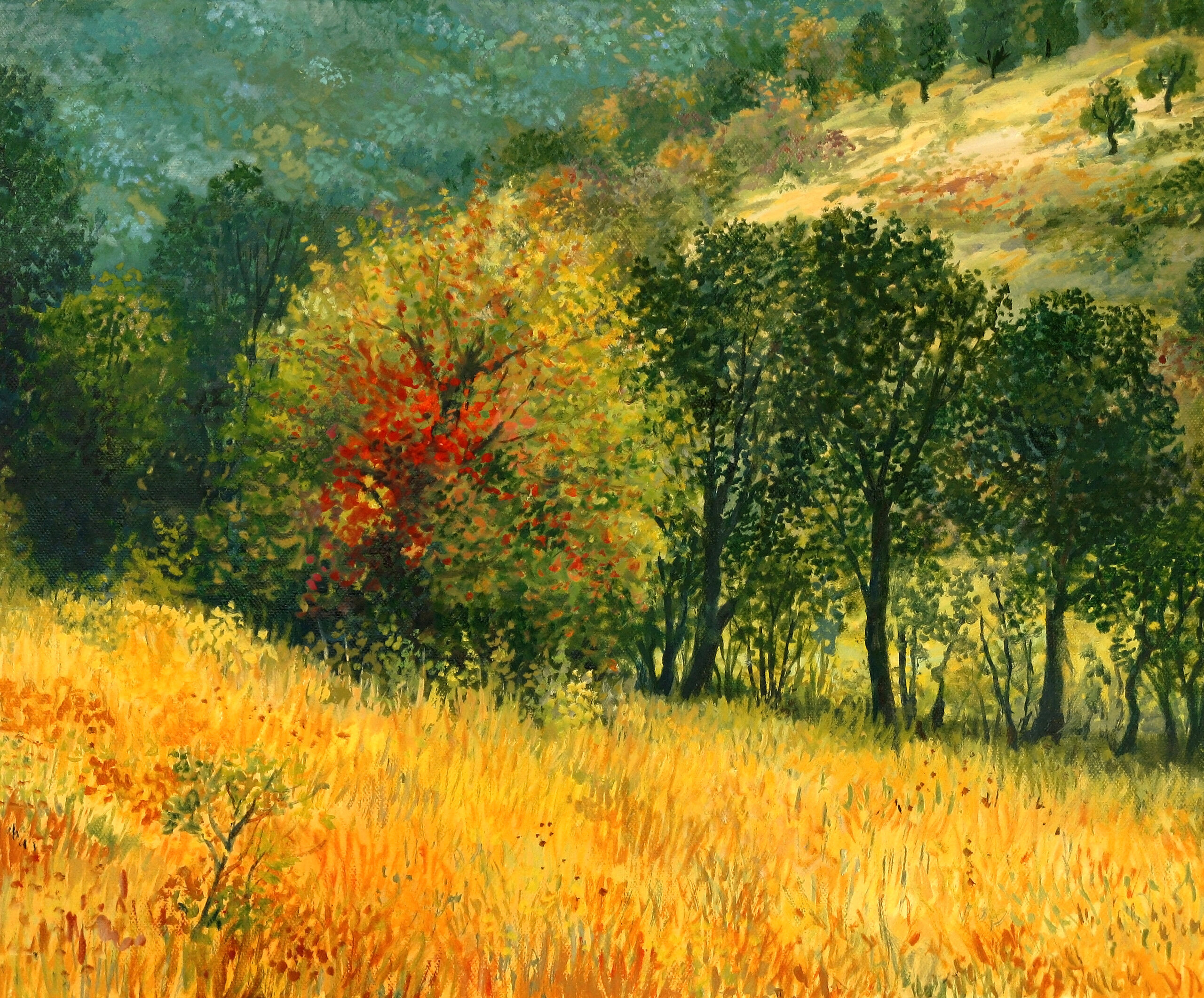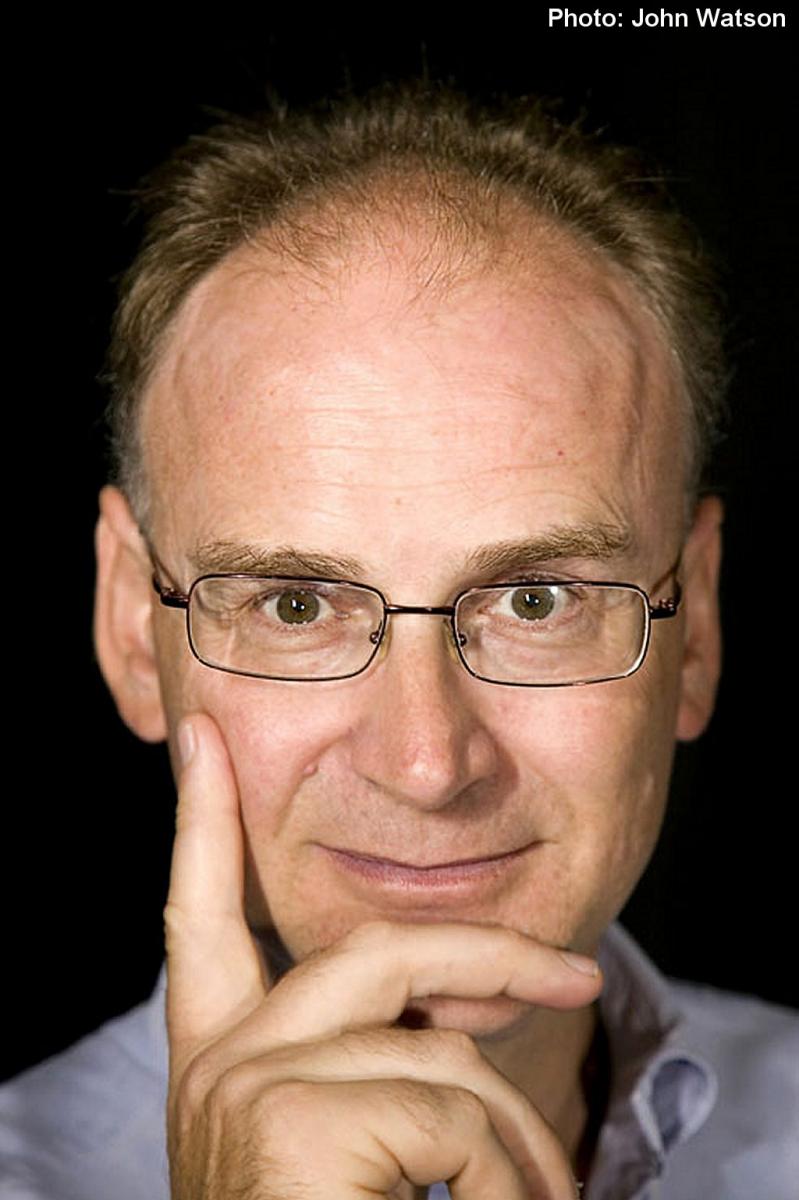Extrapolate global average GDP per capita into the future and it shows a rapid rise to the end of this century, when the average person on the planet would have an income at least twice as high as the typical American has today. If this were to happen, an economist would likely say that it’s a good thing, while an ecologist would likely say that it’s a bad thing because growth means using more resources. Therein lies a gap to be bridged between the two disciplines.
Good News is No News
The environmental movement has always based its message on pessimism. Population growth was unstoppable; oil was running out; pesticides were causing a cancer epidemic; deserts were expanding; rainforests were shrinking; acid rain was killing trees; sperm counts were falling; and species extinction was rampant. For the green movement, generally, good news is no news. Many environmentalists are embarrassed even to admit that some trends are going in the right direction.
Pessimism should no longer be a prerequisite for being an environmentalist. Instead, the environmental movement should try optimism.
Why? The underlying assumption is that pessimism is what drives change. But great innovators from Archimedes to Steve Jobs generally lived in the richest parts of the world in their day. Driven by ambition, not desperation, they changed the world for optimistic reasons.
Pessimism should no longer be a prerequisite for being an environmentalist. It can be counterproductive because it is a counsel of despair. People do not respond well to being told disaster is unavoidable. Instead, the environmental movement should try optimism.
There is a wonderful chance that the current century is going to be a golden age for nature. Not everything is going to go right, but it is possible that by the end of the century we will have more forests, more wildlife, and cleaner air.
Life is Looking Up
Growing up in Northern England in the 1970s, I assumed nature was in retreat. Otters had vanished, salmon were gone from the River Tyne because of pollution, and hawks and falcons had disappeared due to DDT. Conserving nature meant protecting what was left. It never occurred to me that it might mean making things better.
Now, otters are thriving, salmon are back, and seabirds on the nearby Farne Islands have doubled in numbers. Seals have tripled, ospreys are starting to breed, and cranes are returning. Today, I expect nature to improve every year.
What is really making a positive dent in the environmental arena is the unintended effects of technology rather than nature reserves or exhortations to love nature.
It is the same for Spitsbergen, an Arctic island I visited four times in the 1970s and 1980s: Barnacle geese, ringed seals, white whales, walrus, and polar bears have all dramatically increased since then.
Britain has three times as much forest as it did 100 years ago. Could the rest of the world experience this too? I don’t see why not. In fact, it is almost inevitable. The “forest transition”—the point at which a country stops losing forest and starts regaining it—is happening all over the world: Forest cover is increasing in Bangladesh, China, Costa Rica, Cuba, Denmark, Dominican Republic, El Salvador, France, Gambia, Hungary, Ireland, Morocco, New Zealand, Portugal, Puerto Rico, Rwanda, Scotland, South Korea, Switzerland, the United States, and Vietnam.
It is not too late for rare wildlife, either. As climate change specialist Willis Eschenbach has shown, according to official records kept by the Committee on Recently Extinct Organisms, if you consider Australia an island rather than a continent, then just three continental mammals and six continental bird species have gone extinct since records began several hundred years ago—far short of predictions based on theories about habitat loss. (Islands are a different matter. There have been hundreds of extinctions due mostly to invasive species, not habitat loss.)
More from Less
Why are environmental trends mainly positive? In short, the gains are due to “land sparing,” in which technological innovation allows humans to produce more from less land, leaving more land for forests and wildlife. The list of land sparing technologies is long: Tractors, unlike mules and horses, do not need to feed on hay. Advances in fertilizers and irrigation, as well as better storage, transport, and pest control, help boost yields. New genetic varieties of crops and livestock allow people to get more from less. Chickens now grow three times as fast in they did in the 1950s. The yield boosts from genetically modified crops is now saving from the plow an area equivalent to 24 percent of Brazil’s arable land.
What is really making a positive dent in the environmental arena is the unintended effects of technology rather than nature reserves or exhortations to love nature. Policy analyst Indur Goklany calculated that if we tried to support today’s population using the methods of the 1950s, we would need to farm 82 percent of all land, instead of the 38 percent we do now. The economist Julian Simon once pointed out that with cheap light, an urban, multi-story hydroponic warehouse the size of Delaware could feed the world, leaving the rest for wilderness.
It is not just food. In fiber and fuel too, we replace natural sources with synthetic, reducing the ecological footprint. Construction uses less and lighter materials. Even CO2 emissions enrich crop yields.
Paradoxically, economics has done more for nature than ecology has. Yet, there is still much that both fields can learn from the other.
What Could Go Wrong?
All the economic models agree that the fastest economic growth will produce the smallest population, the most frugal use of resources, and the most land sparing. So what could go wrong?
The Jevons Paradox argues that we compensate for greater efficiency by using more of a resource because it is cheaper. But this is no longer true of land: There is a steady release of land from farming going on in countries like the United States. Of course, we might see a reversal of the demographic transition and a rise in birth rates. Yet all the evidence suggests that this is far more likely to happen if the world remains or grows poor than if it becomes rich.
Catastrophic climate change might undo us. Yet moderate climate change will only help with land sparing. Moreover, the empirical data increasingly support the probability that climate change will be mild and slow for many decades. One should be more concerned about the effects of climate change policies, which are horribly land-hungry and harsh toward nature. This includes biofuels, wind power, hydroelectric power, and the refusal to back fossil fuels for the rural poor, which results in the continued exploitation of forests for fuel. In other words, when it comes to climate change, the cure might be worse than the disease.
Organic farming is another example of ecologically good intentions that would pave the road to environmental hell. Organic farming is nice enough as a local fad, but if it were pursued on a global scale it would require a doubling of the amount of land devoted to agriculture, because organic yields are necessarily much lower than those using synthetic fertilizer. In effect, organic farmers have to grow their own fertilizer as “green manure” or dung from livestock, which takes up far more land than making fertilizer in a factory. If the world were to go organic, it would require a renewed and massive assault on forests, wetlands, and nature reserves to feed the global population.
Paradoxically, economics has done more for nature than ecology has. Yet, as discussed at PERC’s recent forum, there is still much that both fields can learn from the other. Economics could learn something from Charles Darwin and ecology could evolve from revisiting Adam Smith. Indeed, Charles Darwin read Smith, so there is an ancestral connection between the two fields: they both stress the emergence of phenomena rather than their direction from above. And, there is much activity in evolutionary biology and ecology that is parallel to what is occurring in economics and vice versa. Nobel laureate F. A. Hayek knew this and went across to evolution to pinch ideas, so there is fruitful dialogue between ecology and economics and plenty of room for more.
Watch Ridley on PERCtv: www.youtube.com/perctv
Download or view the pdf here.




